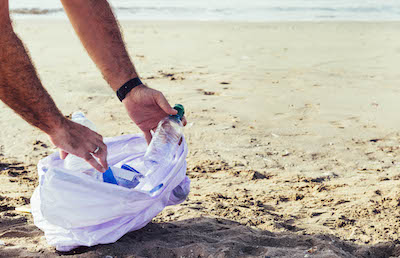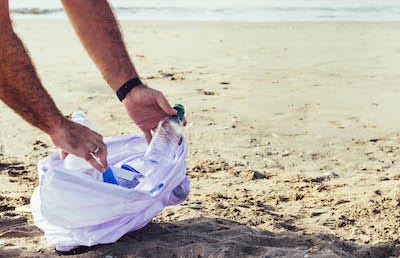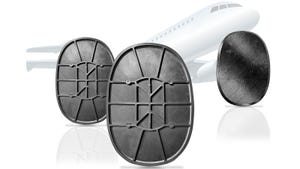Audia Elastomers launches line of thermoplastic elastomers made from marine waste plastics
Audia Elastomers, a global supplier of innovative elastomer materials, has launched its OP line of thermoplastic elastomers (TPEs) based on marine waste plastics. The OP line of elastomer materials includes products with up to 45% marine waste and 70% total recycled material content in a wide range of hardness from 35 Shore A to 95 Shore A.
November 25, 2019

Audia Elastomers, a global supplier of innovative elastomer materials, has launched its OP line of thermoplastic elastomers (TPEs) based on marine waste plastics. The OP line of elastomer materials includes products with up to 45% marine waste and 70% total recycled material content in a wide range of hardness from 35 Shore A to 95 Shore A.
|
New elastomer materials include products with up to 45% marine waste and 70% total recycled material content. |
This new range of high-performance materials increases the potential market for marine waste beyond basic PET fibers and containers and allows more brand owners the opportunity to help keep oceans clean and free from debris, according to Anthony Marozsan, market development manager for Audia Elastomers. Audia is focused on recapturing beach cleanup materials, commercial fishing gear, and ocean-bound plastics as the source for its innovative TPEs. “These materials offer our customers a cost-effective way to incorporate marine plastics into products without sacrificing performance,” said Marozsan.
The challenge of ocean pollution is multifaceted and requires more than one solution, according to Marozsan. “The most important step in stopping and preventing ocean waste is intercepting waste before it ever enters the oceans or a waterway,” he said. “A key component of this initiative is to create a market for recycled plastic from regions with poor existing waste infrastructure before it enters the ocean.”
Marine fishing gear is a major contributor to ocean waste and historically, a large amount of fishing gear has been abandoned at sea. In addition, collecting and cleaning up existing waste in oceans and on beaches requires outlets for waste that may be degraded by saltwater and light exposure.
Elastomer compounds allow more design freedom and end uses for marine plastics versus single resin recycling. Audia Elastomers incorporates these marine waste materials into its formulations via its proprietary compounding technology. Raw material sources are customized for each brand owner to focus on at-risk recycling, fishing gear, or beach clean-up. These materials can compete in high-performance applications with conventional TPEs, TPVs, and TPU chemistries for use in consumer goods, toys, electronics, and sporting equipment.
Audia Elastomers is working closely with customers to commercially adopt its new marine waste-based TPEs for select end-use applications.
About the Author(s)
You May Also Like





